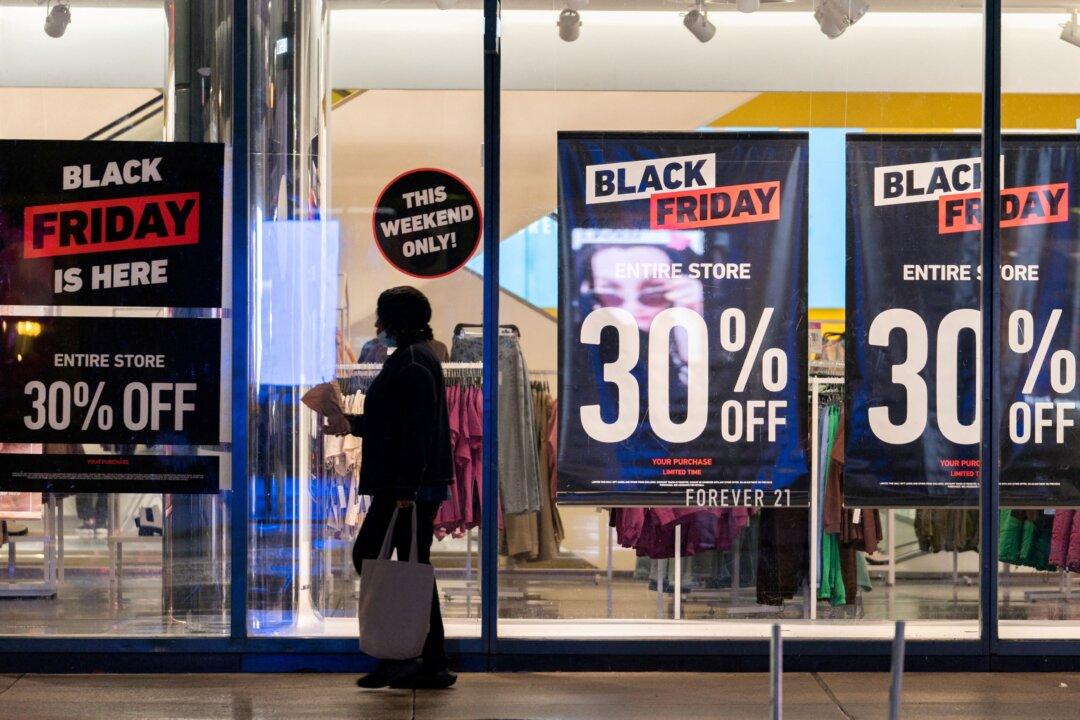The question of whether the U.S. economy is in recession remains one of the most hotly debated topics of 2022, yet corporate America is bracing for a slump in consumer spending. As high inflation depresses consumer demand, businesses of all sizes expect the economy to worsen in 2023.
Consumer spending has kept the U.S. economy afloat over the past year, but it’s unclear whether this pace of spending will be sustained in the coming year as household budgets become further stressed.





